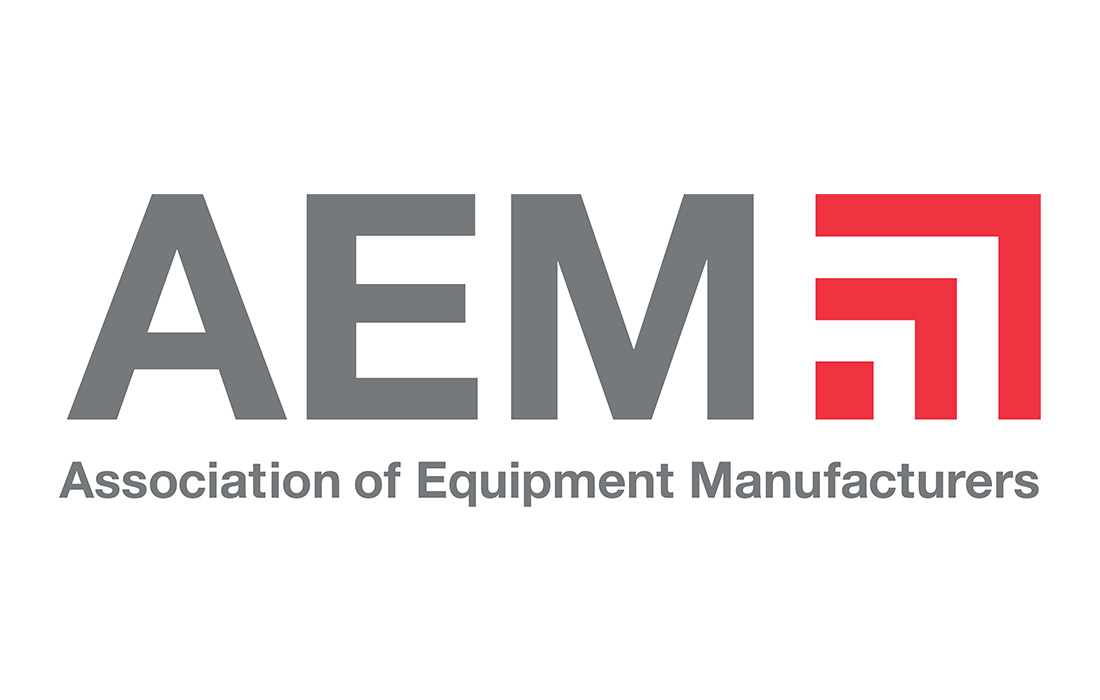By Danny Gavin, AEM Communications Coordinator —
It seems that every manufacturer across the country is seeking innovative solutions to the ongoing skilled labor shortage. Although some progress has been seen in recent years, employees who possess experience in the skilled trades are still a hot commodity.
To address this workforce dilemma, AEM member company Graepel North America, which specializes in innovative pre-finished solutions made of sheet metal, shared its experience working with apprenticeship programs, and how these programs can create a pipeline of loyal, qualified candidates, if done correctly.
“I grew up in Germany myself and attended an apprenticeship program, it’s a very common form of education in the country,” said Mark Zumdohme, President and CEO of Graepel. “We rely on these apprenticeship programs heavily in Germany, and we wanted to bring that model with us to the U.S.”
The AEM Manufacturing Express, the largest public engagement in the association’s 130-year history, is proud to make a stop at Graepel on Monday, July 29. For more information and to follow along with the tour, visit manufacturingexpress.org.
“I grew up in Germany myself and attended an apprenticeship program, it’s a very common form of education in the country. We rely on these apprenticeship programs heavily in Germany, and we wanted to bring that model with us to the U.S.” -- Graepel's Mark Zumdohme
Apprenticeships Are Vital to Close the Skills Gap
The availability of skilled labor (or lack thereof) is leading manufacturers of all sizes to explore new routes of training and attracting talent; for Graepel, this meant searching for a similar U.S.-based apprenticeship program that mirrored the company’s success in Germany.
Graepel found that the German Chamber of Commerce is also represented in a few different locations in the U.S., mostly centered around the Midwest, and offers a fully comparable program, called the ICATT Apprenticeship Program.
“We were the first ones in the Omaha area, maybe in all of Nebraska actually, to put in the effort to get involved with the German Chamber of Commerce to really dive into this program,” said Zumdohme.
The three-year dual study ICATT program has participants attending college courses two to three days a week and working at their sponsoring company two to three days a week. Apprentices earn wages while at work, a stipend while at college, and the company that employs the apprentice covers the cost of college tuition and fees. After the program is over, students will walk away with an Associate Degree as a Manufacturing Technician and a guaranteed full-time position with the company.
Industry apprenticeships are an effective, proactive approach for manufacturing industry to address workforce shortages and facilitate continued U.S. manufacturing development, but as outlined above, companies must be willing to make a significant investment into training and schooling.
Benefits for Manufacturers and Apprentices Alike
Both manufacturers and apprentices reap the rewards that programs like the ICATT Apprenticeship program provide – and long-term, these programs could be just the solution that the industry has been looking for to address the need for skilled labor.
Benefits include:
- Production: Companies gain value from the work that apprentices do, gain employees after those apprentices graduate, and are able to improve quality performance due to the thorough training that apprentices receive.
- Workforce: Companies experience reduced turnover and improved recruitment, gain a pipeline of skilled employees, and develop future managers all the way from the beginning of their employment.
- Soft skills: Apprenticeships lead to improved employee engagement, greater problem-solving ability, flexibility to perform a variety of tasks, and a reduced need for supervision over time.
This type of program is gaining traction in the U.S. and could be the key to training up skilled talent (and achieving long-term retention) at manufacturing facilities nationwide.
If companies are willing to invest in their apprentices, and have faith that they will become loyal employees, they will reap the benefits of a talent pipeline that keeps on giving. After all, the more successful apprentices organizations employ, the more students will want to learn from that company.
“We’ve grown as a company, and we have made adjustments to make sure this program can be successful in the future. This is a long-term employment strategy, unfortunately there are no real quick fixes to the labor shortage. But if you are dedicated, it can pay off.” -- Graepel's Joe Cole
Lessons Learned
Graepel has been very up front about the lessons that they have learned throughout the introduction of the ICATT program to their Nebraska facility. First and foremost, they share that training is paramount, and it may not be enough to employ a part-time trainer to work with apprentices.
“One thing that we have learned is the importance of having a full-time trainer position on staff, to help integrate these apprentices into our facility,” said Joe Cole, Vice President of Administration for Graepel. “Our trainer meets with our apprentices about twice a week, they do activities together, and are available if they need anything.”
Currently, Graepel has two apprentices on staff, and is looking to bring on two additional apprentices. The company has found that even numbers of apprentices are best, as students have a partner to go through the program with – they all go to class together, come to work together, and can lean on each other for support when needed.
“We’ve grown as a company, and we have made adjustments to make sure this program can be successful in the future. This is a long-term employment strategy, unfortunately there are no real quick fixes to the labor shortage. But if you are dedicated, it can pay off,” said Cole.
As manufacturers continue to explore new avenues to chip away at the industry labor shortage, they must continue to innovate and invest in long-term employment strategies – just like Graepel North America is doing in Omaha, Nebraska.
For more AEM member perspectives, subscribe to the AEM Industry Advisor.





